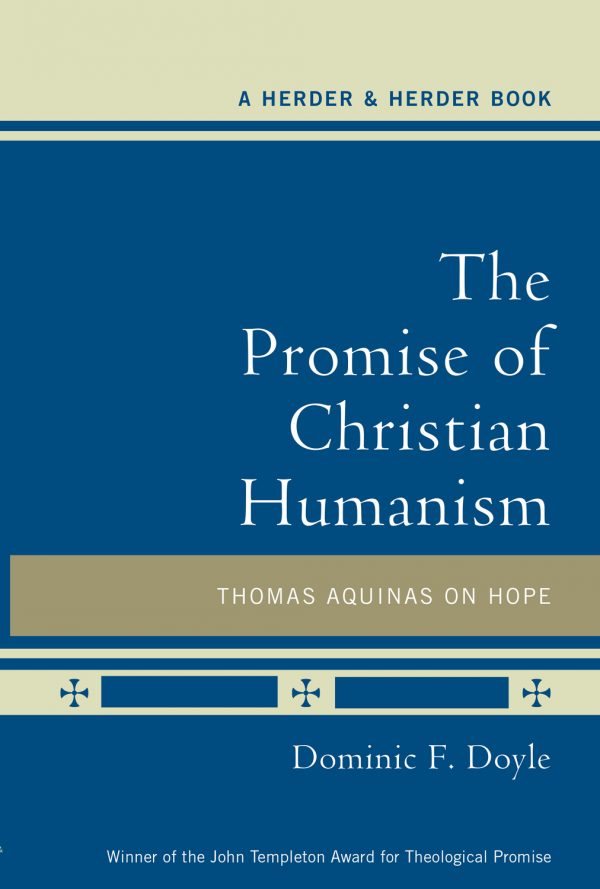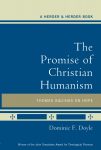- Title: The Promise of Christian Humanism
- Subtitle: Thomas Aquinas on Hope
- Page Count: 248
- Available Formats: Trade-paper (9780824524692)
- Edition: Trade Paper
- Original language: English
- Retail US: Trade-paper (34.95)
- Retail Canada: Trade-paper (No CAD Price)
- Retail Canada: No CAD Price


